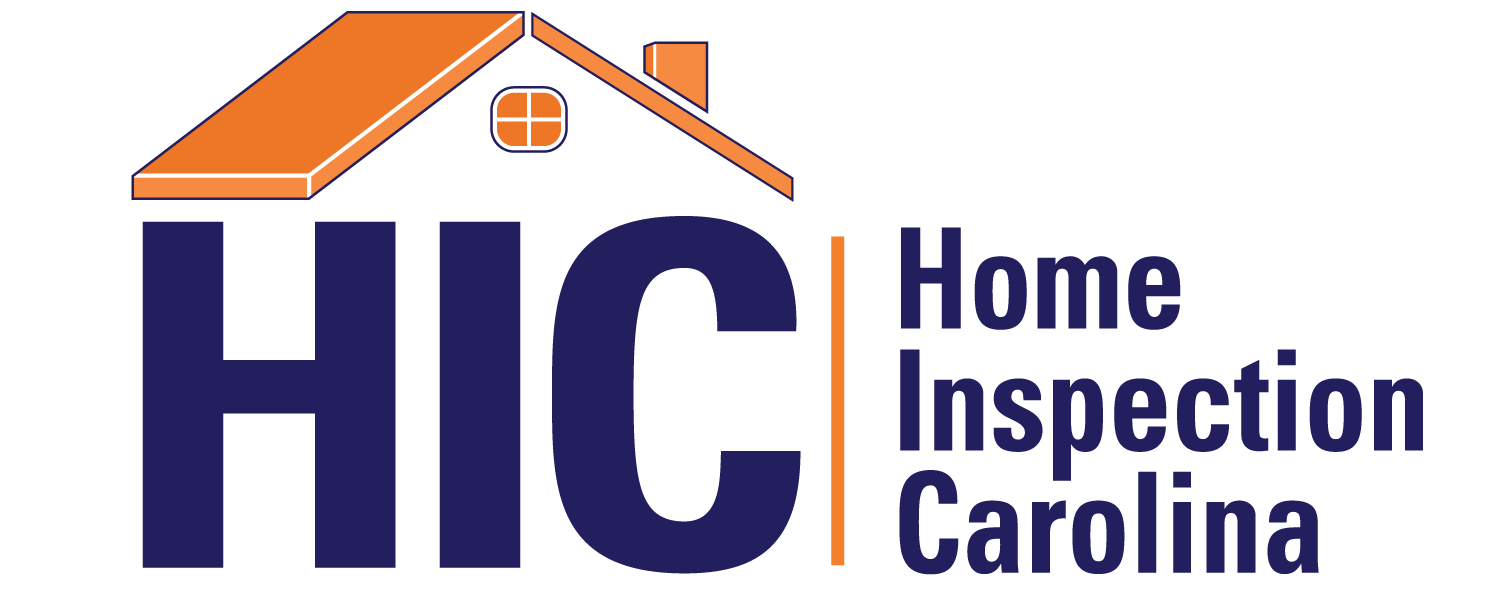Sewer scope inspections are becoming increasingly popular for homeowners interested in protecting their investments. A sewer scope inspection is a process that allows homeowners to identify unknown issues with their sewer systems before it’s too late. Sewer scope inspections can give homeowners peace of mind and save them money in the long run. As the saying goes, “An ounce of prevention is worth a pound of cure.
A Sewer Scope Inspection is a process of assessing the condition of a property’s underground sewer lines and plumbing using specialized equipment. This inspection is typically performed by professionals, such as plumbers or sewer inspectors, and is often recommended when purchasing a new home or if there are concerns about the integrity and functionality of a property’s sewer system.
During a sewer scope inspection, a flexible camera attached to a long, flexible cable is inserted into the sewer line through an accessible entry point, such as a cleanout or an external access point. The camera is then guided through the sewer pipes, capturing real-time video footage of the interior of the pipes. This footage allows inspectors and homeowners to visually assess the condition of the pipes, identifying any issues such as:
- Blockages: Tree roots, debris, grease buildup, and other materials can clog sewer lines, causing backups and reduced flow.
- Cracks and Breaks: Over time, sewer pipes can develop cracks, fractures, or breaks due to shifting soil, ground settling, corrosion, or other factors. These defects can lead to leaks, sewage infiltration, and structural problems.
- Bellies and Sags: Sometimes, sections of sewer pipes can sag or develop “bellies,” where the pipe dips lower than the surrounding areas. This can result in improper drainage and the accumulation of waste materials.
- Corrosion and Deterioration: Older sewer lines made of materials like clay, cast iron, or Orangeburg (a type of bituminized fiber pipe) can deteriorate over time due to corrosion or wear and tear.
- Misaligned or Disjointed Pipes: Pipes that are not properly aligned or connected can cause obstructions and disrupt the flow of sewage.
- Pipe Material and Diameter: The inspection can also determine the type of material used for the sewer pipes and their diameter, which can impact the overall longevity and capacity of the system.
Once the inspection is complete, the recorded video footage is reviewed, and any issues or concerns are documented. If problems are identified, homeowners can make informed decisions about necessary repairs, maintenance, or negotiations during property transactions.
A sewer scope inspection is an important step to ensure the health and functionality of a property’s sewer system, preventing potentially costly repairs and surprises down the line. It’s especially valuable when purchasing an older home or one with a history of plumbing issues.

